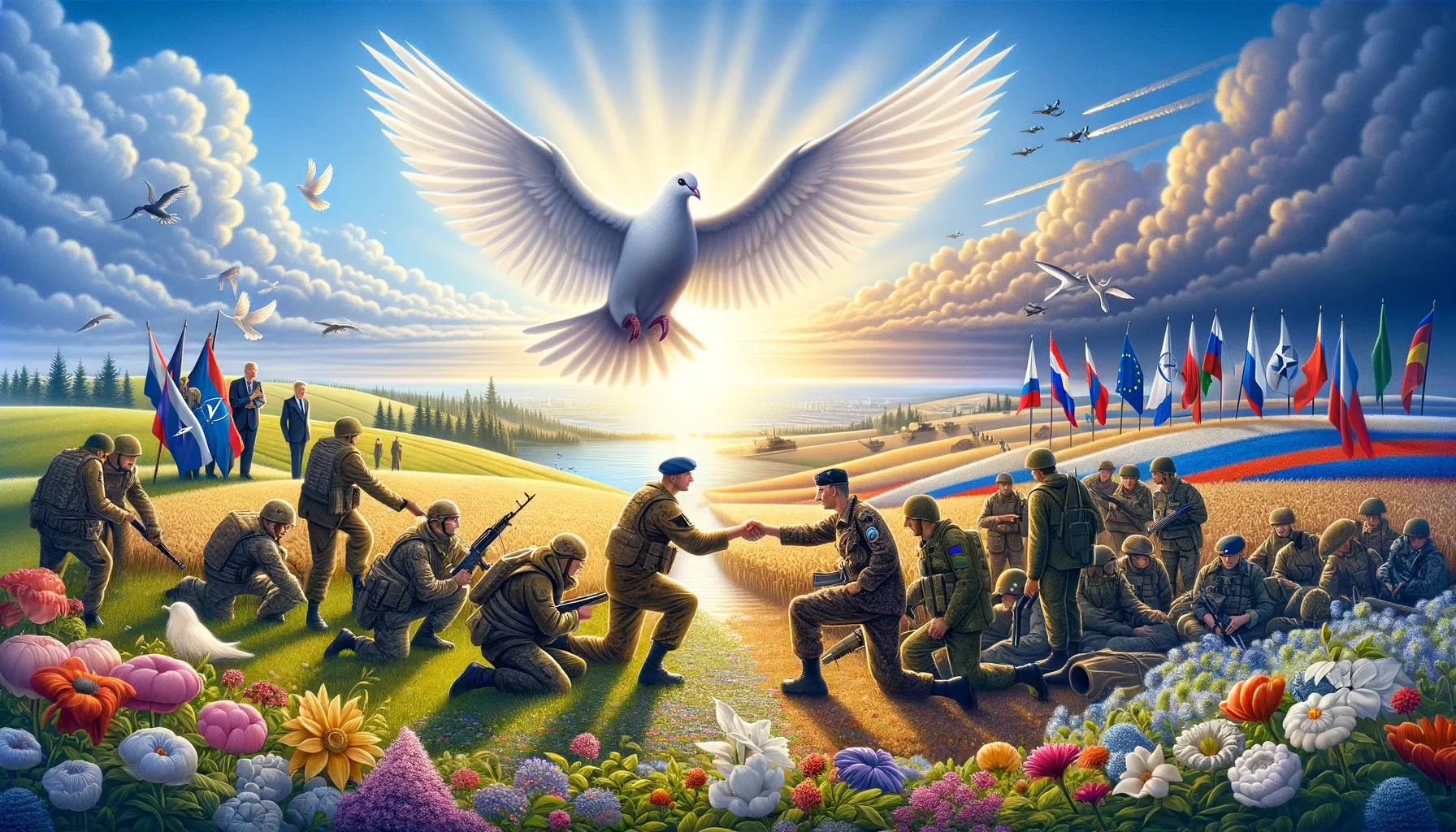Escalating Tensions: The Looming Threat of a NATO-Russia Conflict, According to Medvedev
In a stark warning that reverberated across international lines, Dmitry Medvedev, former Russian President and prominent figure aligned with Vladimir Putin, spotlighted the growing risk of a significant conflict between Russia and the North Atlantic Treaty Organization (NATO). On a social media platform on Friday, Medvedev articulated his concerns, particularly
In a stark warning that reverberated across international lines, Dmitry Medvedev, former Russian President and prominent figure aligned with Vladimir Putin, spotlighted the growing risk of a significant conflict between Russia and the North Atlantic Treaty Organization (NATO). On a social media platform on Friday, Medvedev articulated his concerns, particularly targeting the extensive NATO military exercises named "Steadfast Defender 2024."
The exercises, which began in mid-January and are slated to continue until May, represent the most considerable NATO military mobilization since the Cold War era, engaging 90,000 troops, alongside over 50 ships, 80 fighter jets, and 1,100 vehicles. NATO's stated objective is to evaluate and enhance its defensive strategies for Europe against potential threats from near-peer adversaries. Although NATO has not explicitly named Russia as the adversary in these drills, leaked documents suggest Russia is perceived as the primary security concern for the alliance.
Medvedev, now the deputy chairman of Russia's Security Council, took to VKontakte, a Russian social media network, to express his displeasure and concern over the drills. He criticized Western politicians and NATO generals for their actions, which he interpreted as attempts to intimidate Russia. Medvedev emphatically stated that Russia would not initiate an attack on NATO members. However, he cautioned that any action perceived as a threat to Russia's sovereignty or an increase in NATO's engagement with Ukraine could trigger a significant military response from Russia, potentially leading to a "big war."
Moreover, Medvedev warned that NATO countries providing support to groups antagonistic towards Russia or hosting neo-Nazi elements would be considered legitimate targets for Russia's military, promising swift and decisive action against such threats.
These comments have further strained the already tense relations between Russia and NATO, with Russian Foreign Ministry spokeswoman Maria Zakharova describing the "Steadfast Defender 2024" exercises as provocative and potentially dangerous, heightening the risk of military incidents and adverse outcomes for Europe.
NATO has yet to respond to Medvedev's remarks, but previous statements from the U.S. Department of State regarding Medvedev's assertions have dismissed them as "standard Kremlin nonsense," underscoring a deep skepticism of Medvedev's rhetoric among Western officials.
As tensions simmer, the international community watches closely, hoping for a diplomatic resolution to avoid the grave consequences of a conflict that neither side can afford. The situation underscores the delicate balance of power and the need for careful negotiation to maintain peace and stability in an increasingly polarized global landscape.





